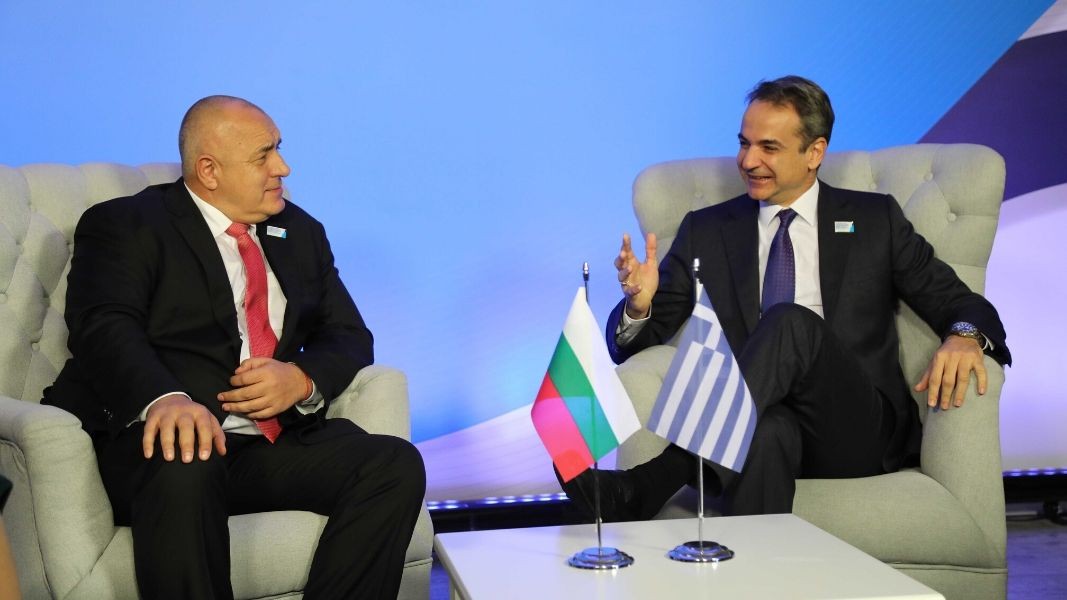These past few days the Bulgarian government and Prime Minister Boyko Borissov himself have been extraordinarily active in their efforts to regulate the rekindled refugee problem between the EU and Turkey. In an the latest burst of activity, PM Borissov, together with the President of the European Commission Ursula von der Leyen and the President of the European Council Charles Michel, flew over the border with Turkey by helicopter on the national day of Bulgaria - 3 March. After a subsequent meeting of the three in Sofia, Boyko Borissov said that the fight for good neighbourhood and a peaceful settlement of the conflicts in the region continues. From these words it can be inferred that progress has been made, though it is still only partial.

At this time the situation is volatile. After two meetings between PM Borissov and the President of Turkey Recep Tayyip Erdoğan since last Friday, it would be true to say there is no migratory pressure from Turkey towards Bulgaria, but the migratory pressure that does exist from Turkey towards Greece is dramatic. Boyko Borissov’s idea of an EU-Turkey meeting was not accepted even after his second meeting with the Turkish president. Nevertheless Ursula von der Leyen stated that Bulgaria’s experience was of utmost importance and was strategically key in the region. This leads us to believe that the EU will continue to rely on him. If for no other reason than that thanks to this experience Sofia is helping maintain the dialogue and widening the range of participants in it. As confirmation of this let us say that over the past week Boyko Borissov discussed the problem with the EU leaders, but also with the President of Turkey, the Chancellor of Germany Angela Merkel, the Prime Minister of Croatia Andrej Plenkovic, the Prime Minister of Greece Kyriakos Mitsotakis.

As he was shuttling back and forth, Boyko Boissov deemed it necessary to state he was acting as an interested party and not as mediator. He probably did so to demonstrate he realizes Bulgaria has but a limited scope for impacting the development of a multipolar problem of such magnitude as the refugee problem between Turkey and the EU, rekindled by the conflict in Syria. And on top of all that, it is a problem NATO and Russia are also involved in. A more substantial impact on the situation can, at this time, be expected from a face-to-face meeting between the presidents of Turkey and of Russia - Recep Erdoğan and Vladimir Putin.
After his second meeting with Erdoğan, Borissov welcomed Turkey’s willingness to look for a solution, together with Russia, by way of a face-to-face between the presidents of the two countries. Expressing his appreciation for Ankara’s observance of the deal with the EU in regard to the Bulgarian border, Borissov admitted that the job is but “half-done”. Some observers say what he was alluding to was his attempt to organize a meeting with Erdoğan and Greece’s Prime Minister Kyriakos Mitsotakis in Sofia, an idea he himself subsequently gave up. An invitation he might well renew at a later time.
Photos: BTA and BGNES
Bulgaria faces yet another conundrum in finding a way out of what has become a permanent political crisis after President Rumen Radev refused to approve one of the ministerial names proposed by caretaker prime minister candidate Goritsa..
Bulgaria is facing the 7 th snap parliamentary election in a row in three years. The reason is that, once again, all three exploratory mandates for the formation of a cabinet which the president hands to parties represented in parliament have..
In the past few weeks, the new government in North Macedonia, led by Hristijan Mickoski, surprisingly demanded that the construction of the railway line to Bulgaria be stopped. The arguments are that the project for building the..
Albania to start substantive EU accession negotiations on 15 October The EU's permanent representatives in Brussels have unanimously decided to open..

+359 2 9336 661
